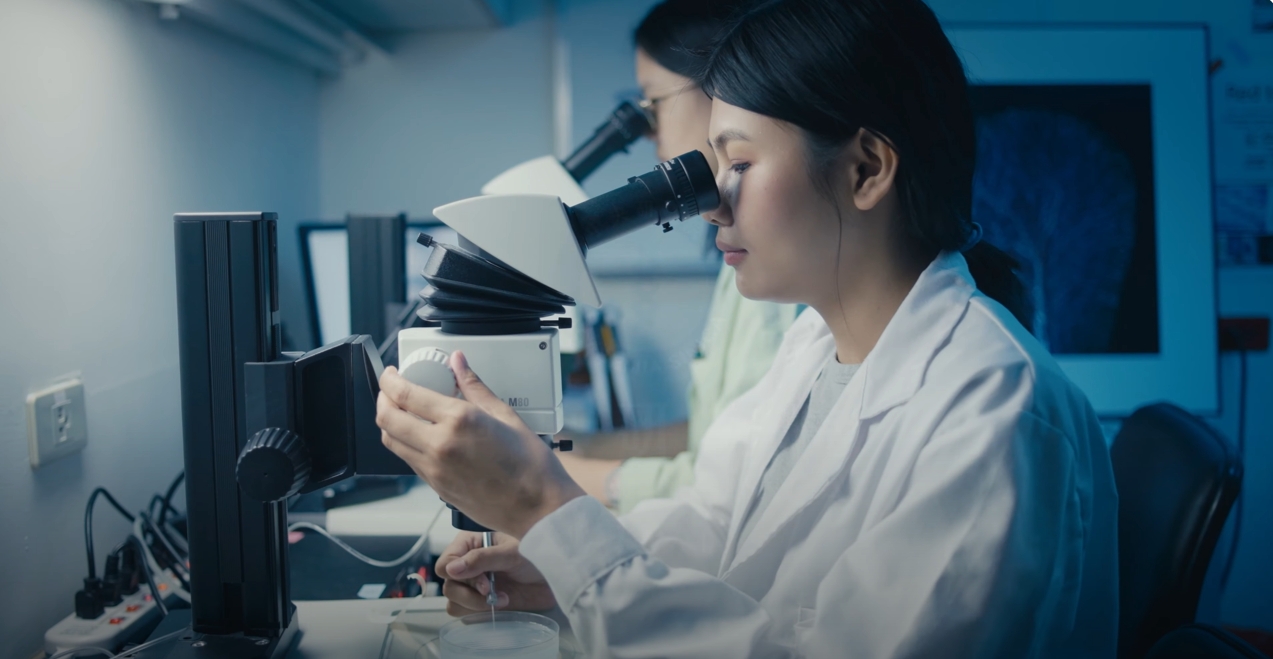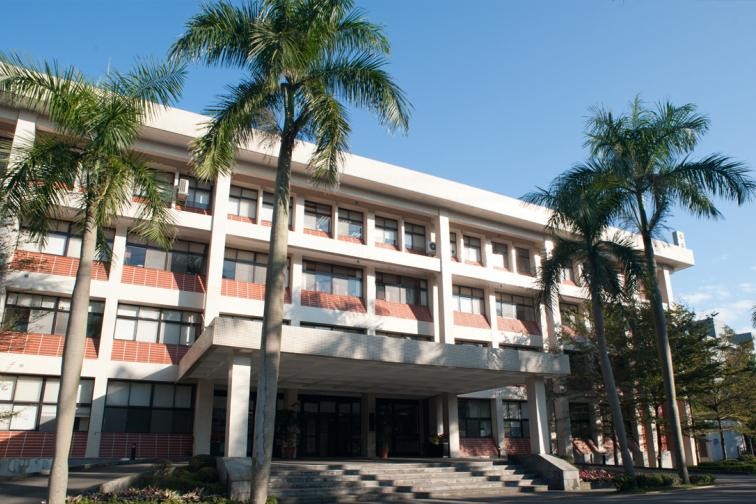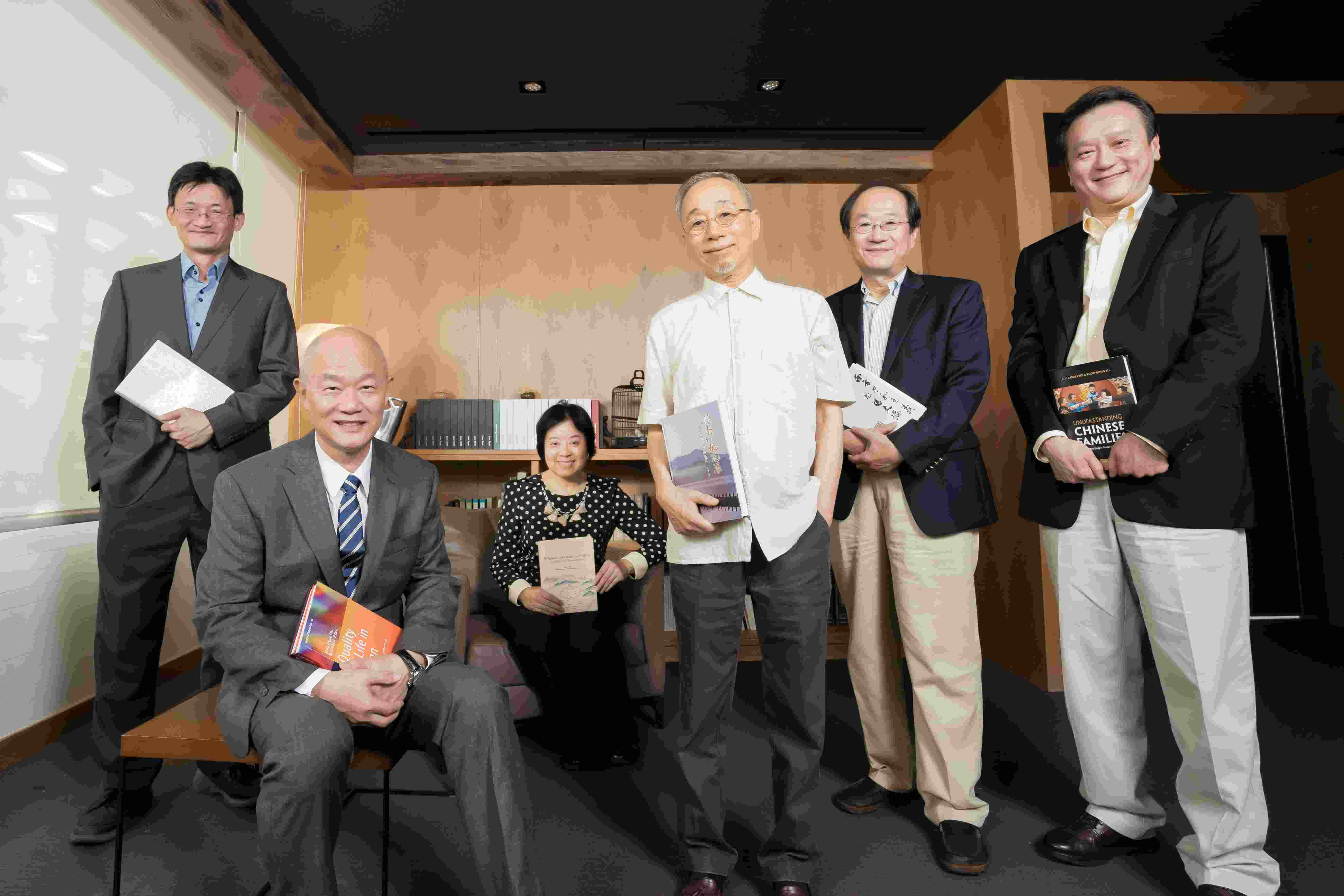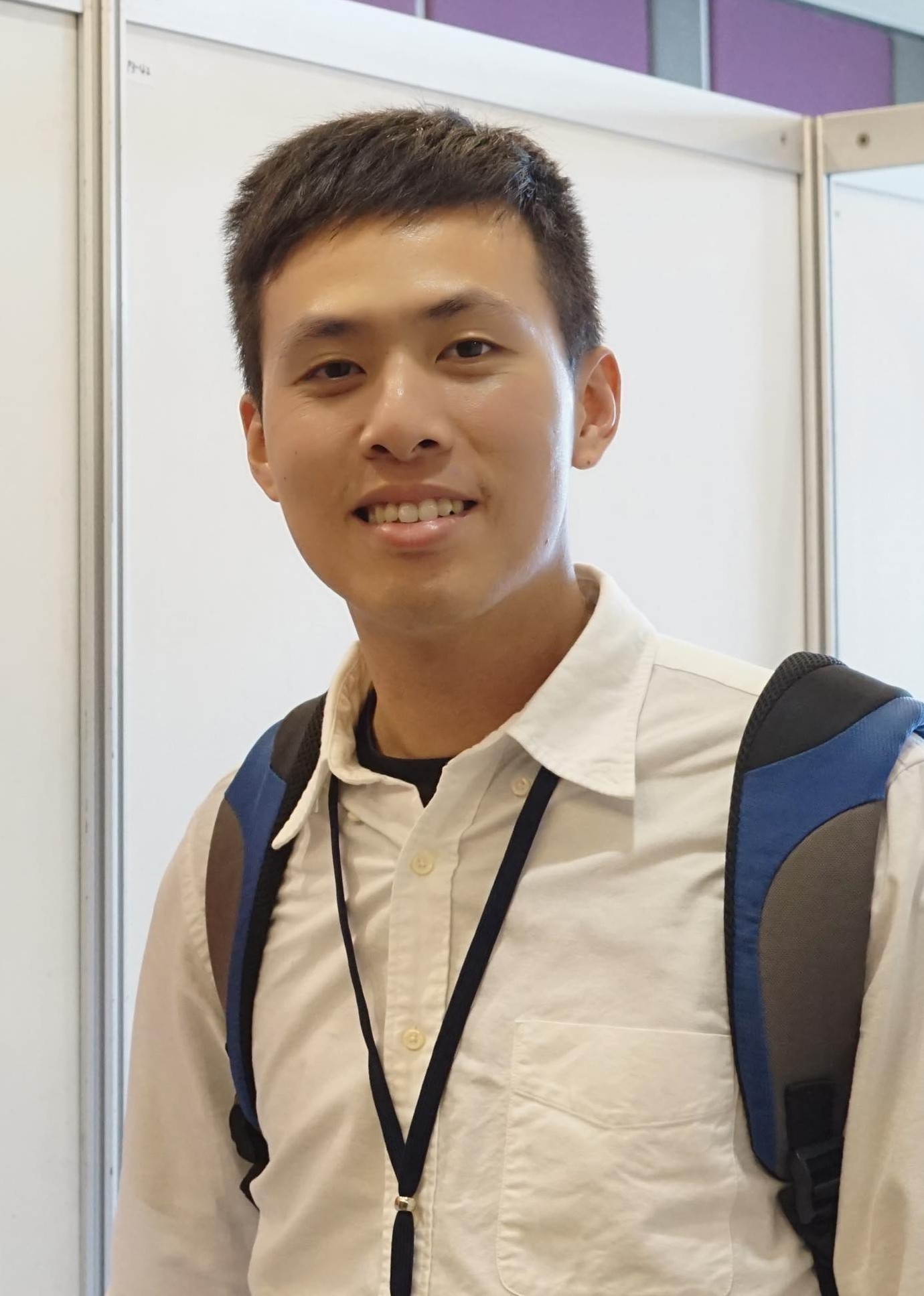- 演講或講座
- 生物醫學科學研究所
- 地點
生醫所地下室B1C演講廳
- 演講人姓名
徐崇堯 (TIGP-MM Student)
- 活動狀態
確定
- 活動網址
Ultrasensitive discrimination mediated by the dynamic immunological synapse (IS) formation between T lymphocytes and cognate cellular targets has inspired live cell-based strategies for antigen-specific T cell identification. However, unpredictable antigen presentation associated with antigen processing and major histocompatibility complex (MHC) turnover can limit the specificity and utility of these live cell-based lymphocyte probes. Herein, we demonstrate a cell-mimicking lymphocyte capture strategy using intracellularly polymerized antigen presenting cells (pAPCs), which permit modular and persistent antigen presentation upon kinetically driven antigen loading. pAPCs undergo cell-like engagement with cognate T cells, eliciting hallmarks of bona fide IS formation such as supramolecular activation cluster (SMAC) patterns, cytoskeletal contraction of engaged T cells, and trogocytosis. Magnetization of pAPCs through incorporation of superparamagnetic nanoparticles enables label-free magnetic isolation of cognate T cells, and the biomimetic lymphocyte capture strategy exhibits superior sensitivity and specificity to conventional MHC-conjugated magnetic beads. From the splenocytes of tumor-burden hosts, pAPC-mediated capture of tumor-reactive lymphocytes is demonstrated to enhance adoptive T cell therapy and improve identification of neoantigen-specific T cells. Lastly, we show adaptation of intracellular polymerization to genetically engineered cells expressing monovalent human MHC, which enable enrichment of virus- and tumor-specific CD8 T cells from human PBMCs and humanized transgenic mice. The study demonstrates advances in cell-gel hybrid system towards enhancing antigen-specific T cell identification.
Key words: Intracellular polymerization, antigen-specific T cell capture, immunological synapse
Taiwan International Graduate Program in Molecular Medicine,
National Yang-Ming University and Academia Sinica
Doctoral Dissertation









 首頁
首頁

